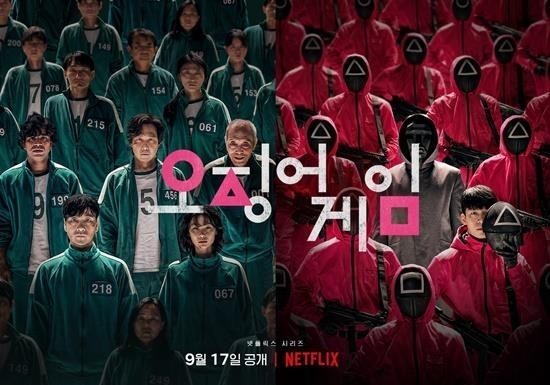Everyone from the “Squid Game” has good reasons to win it all: 45.6 billion reasons to be exact. But some have problems that are mirrored from real-life version of the society they are in.
Part of why Netflix’ record smashing hit drama has resonated with so many people is that it is also a social commentary on the actual incidents that had occurred in Korea, and perhaps the problems prevalent in the modern society.
Young, smart, broke and from N.K.Jung Ho-yeon portrayed Kang Sae-byeok, a headstrong, quick-witted former North Korean defector who made her living as a pick-pocket. She joined the death game after she was swindled out of all her savings by a broker, who claimed to be able to retrieve her mother out of the North.
As was the case with her, the defectors are often subject to discrimination and social prejudice in South Korea. Most recent numbers by the Ministry of Unification tallies North Korean defectors at 33,752 as of 2020, 24,317 of whom are women and work in low-paying jobs.
According to a 2019 report by the National Human Rights Commission of Korea, defectors on average make 1.89 million won ($1587) a month, 659,000 won less than an average South Korean.
Taking care of her and her little brother is not the only issue at hand. As indicated in her family’s perilous journey out of the communist regime -- one that resulted in her father’s death -- an escape from one of the poorest and repressive countries in the world is no picnic.
The clause 62 of the North Korean law constitutes an any attempt to flee, surrender, defect or hand over secrets to another country as “betrayal against the nation,” and sentences up to five years in the labor camps. This is likely the fate that Sae-byeok’s mother is facing north of the border. The conditions of forced labor camps are known to be brutal, and the law further stipulates that what is deemed “grave violation of the said cause” can result in a lifetime sentence, or even death.
‘Parable for the modern society’Seong Gi-hun, the protagonist who is a gambling addict and makes his living day-to-day, is another one with a chip on his shoulder.
Questionable life choices aside, his moral compass usually points north as he cares about his sick mother and fell into debt while protesting what was depicted as an unfair firing of workers. The protestors fell victim to a violent crackdown that resulted in death of a worker.
This is inspired by the 2009 mass-firing of Ssangyong Motor workers, a move that affected at least 2,600 workers and sparked a protest that ended in a violent crackdown. Over 30 people involved in the incident, workers and their families, had taken their own lives.
“An average worker from a middle class can fall to the very bottom after getting fired and his business had failed. I wanted to show that it can happen to anyone through Gi-gun,” director Hwang Dong-hyuk said during a recent press conference last week, confirming a wide-spread fan theory that the much-disputed Ssangyong incident was indeed where the story came from.
Other minorities appear in the show, including a Pakistani worker, Ali Abdul. The young man was thrusted into the game due to financial troubles stemming from his boss not paying his wages.
Reports show that the number of foreign workers who were not paid for their work had been on the rise in the past few years, according to figures from the Ministry of Employment and Labor. Rep. Lim Jong-seong of the Democratic Party of Korea revealed last week that the delayed payment cases for foreign workers went from 23,885 in 2017 to 31,998 in 2020, with the total amount also jumping from 28.5 billion won to 59.1 billion.
Incorporating social minorities were a deliberate choice, according to director Hwang. He noted that he wanted to depict the survival game “a metaphor, a parable for the modern capitalist society.
“It may have been good for the drama that the world has become a place where so many people related to it (‘Squid Game’), but it is a sad thing indeed for the world,” he said.
By Yoon Min-sik (
minsikyoon@heraldcorp.com)








![[Today’s K-pop] Blackpink’s Jennie, Lisa invited to Coachella as solo acts](http://res.heraldm.com/phpwas/restmb_idxmake.php?idx=644&simg=/content/image/2024/11/21/20241121050099_0.jpg)